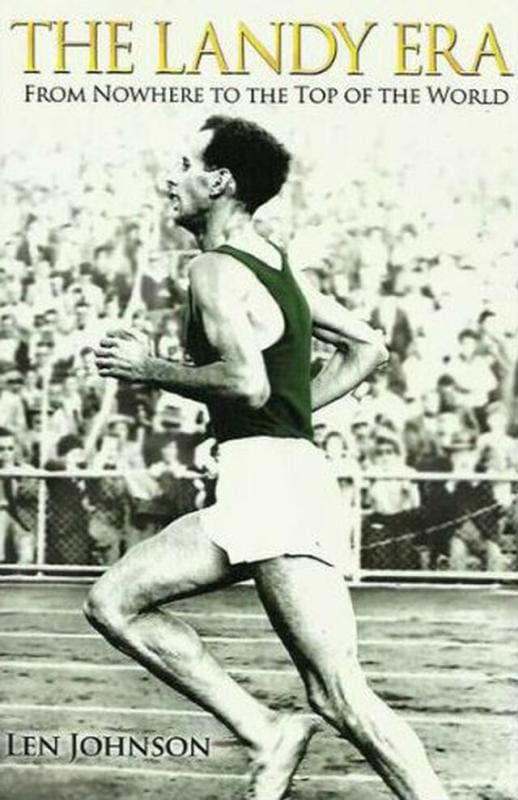We’re at that pre-Olympics stage now when we worry constantly about what could go wrong.
Having seen the last of ticketing stories – who knew there would be more wanting to go to the Games than there are tickets available; of confected uproar over accommodation (again, who knew?) and hospitality (ditto) price gouging; of panic over any number of remote possibilities – we stand just a couple of weeks away from the opening of competition. When what does happen swamps what might have happened in organisers’ worst nightmares.
Athletics fans, even if some of those worst-case possibilities come to pass, if there’s chaos on the track, mayhem on the field, will be able to console themselves as the Olympic flag is passed to representatives of Los Angeles 2028: “We’ll always have Paris.”
Paris24, hopefully, but if not the Olympics then Meeting de Paris 2024, the Paris stop on the Diamond League tour. That was some meeting they had there on Sunday 7 July.

Olympic athletics will take place in the main stadium, the Stade de France. The temptation to have the Paris DL there as a warm-up must have been tempting. If temptation there was, thankfully it was resisted. The Diamond League meeting was staged in the more intimate venue of the nearby Stade Charlety. And if anyone who was in attendance experiences a better day of athletics during the Olympics they will be able to count themselves doubly blessed.
Fittingly, the main DL program both started and finished with a resounding world record. The women’s high jump was the opening event. It concluded with a one-and-done clearance of a new world record 2.10 metres by Yaroslav Mahuchikh, adding a centimetre to a 37-year-old world record set by Stefka Kostadinova in winning at the Rome1987 world championships.
Appropriately, Mahuchikh’s previous competition was winning the European championship four weeks earlier at Rome’s Stadio Olimpico, site of Kostadinova’s 2.09 jump. Nicola Olyslagers, second with 2.01, was the only other to better two metres. Third was at 1.98; Eleanor Patterson was among the four others to clear 1.95.
Then, in the last track event, the amazing Faith Kipyegon ran 3:49.04 to slice 0.07 off her own mark for 1500 metres. Just as amazingly, Jess Hull clung to the Kenyan superstar’s heels for 1300 of those 1500 metres, finishing second in 3:50.83. That elevated the Australian national champion to fifth-fastest woman ever and with the eighth-fastest performance all-time.
Laura Muir was third in 3:53.79 and Linden Hall fourth in 3:56.40. Place-wise, this race produced the best-ever times for first, second and third, for seventh place and ninth to twelfth places.
In 1996, this writer watched Kat Anderson run 4:07.03 in Brisbane to finally better the national record 4:08.06 run by Jenny Orr in the first Olympic women’s 1500 in 1972. A few months later, Marg Crowley slashed almost six seconds off that in running 4:01.34 in Oslo before going on to a best-ever fifth place in the Atlanta Olympic final. In Paris, Hull took five seconds off her previous national record. Does this point to an Olympic medal.
This assault by numbers on the top end of the all-time list continued in the men’s 800, in which the first eight men all ran personal bests, the winner ran the fastest time in the world this year and there were best-ever times for places two to six.

Daniel Sedjani, silver medallist at the Oregon22 world championships, won in 1:41.56, from Kenya’s Emmanuel Wanyonyi, 1:41.58, and Gabriel Tual of France, 1:41.61. These three athletes slotted into positions three, four and five on the all-time list, behind David Rudisha and Wilson Kipketer and in front of Sebastian Coe.
The carnage did not stop there. Aaron Kemei Cheminingwa and Wycliffe Kinyamal followed, both in 1:42.08, making them equal-tenth fastest men all-time. In sixth place, Belgium’s Eliott Crestan rounded out the sub-1:43s with a national record 1:42.43.
It’s unlikely Peter Bol, Peyton Craig and Joe Deng were under any illusions about what they would need to bring to be competitive in the Olympic 800. If they were, they certainly won’t be after the event at Charlety.
The men’s steeple produced an amazing finish as Ethiopia’s Abrham Sime edged out Kenyan Amos Serem by centimetres as both men were given the same time of 8:02.36. And in the men’s 110 hurdles, just 0.01 separated the first three with France’s could-have-been-Aussie Sasha Zhoya edged out Trey Cunningham of the US – both clocking 13.15 – with Japan’s Shunsuke Izumiya, 13.16.
All this, too, with the Olympic competition to take place on the ‘faster’ purple track newly laid in the Stade de France. If it’s faster than Charley proved to be, it will be fast indeed.
One way or another, it seems certain that when the Olympic athletics competition concludes on 11 August we will all be saying, “We’ll always have Paris.”